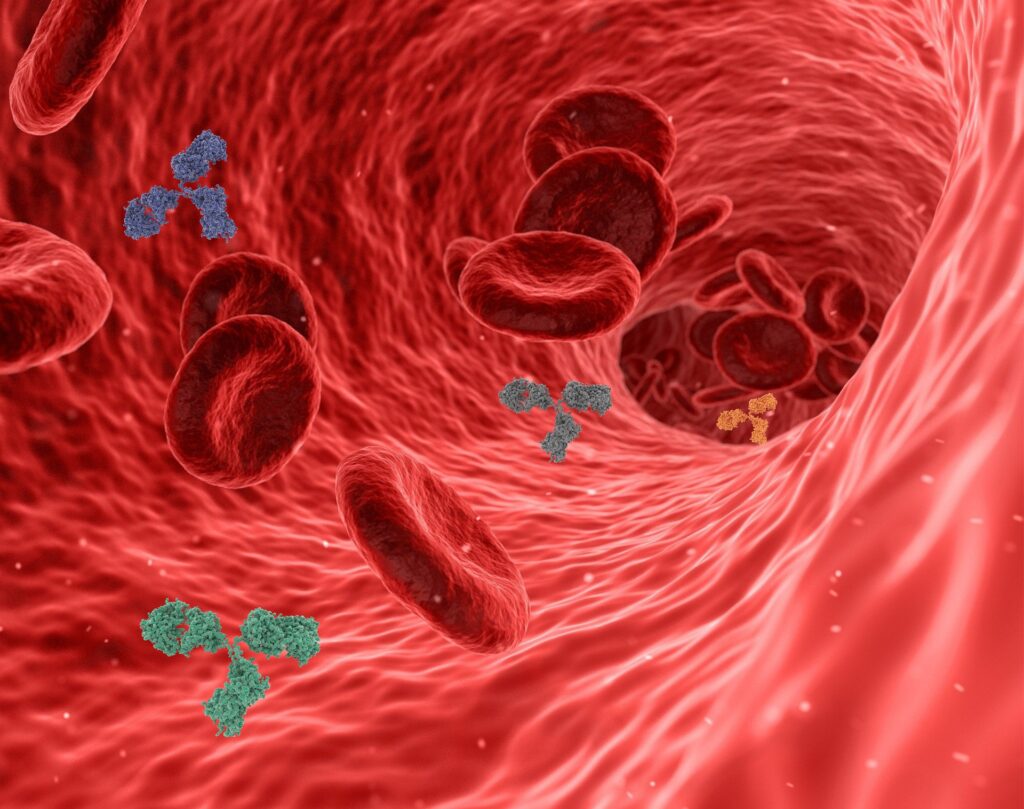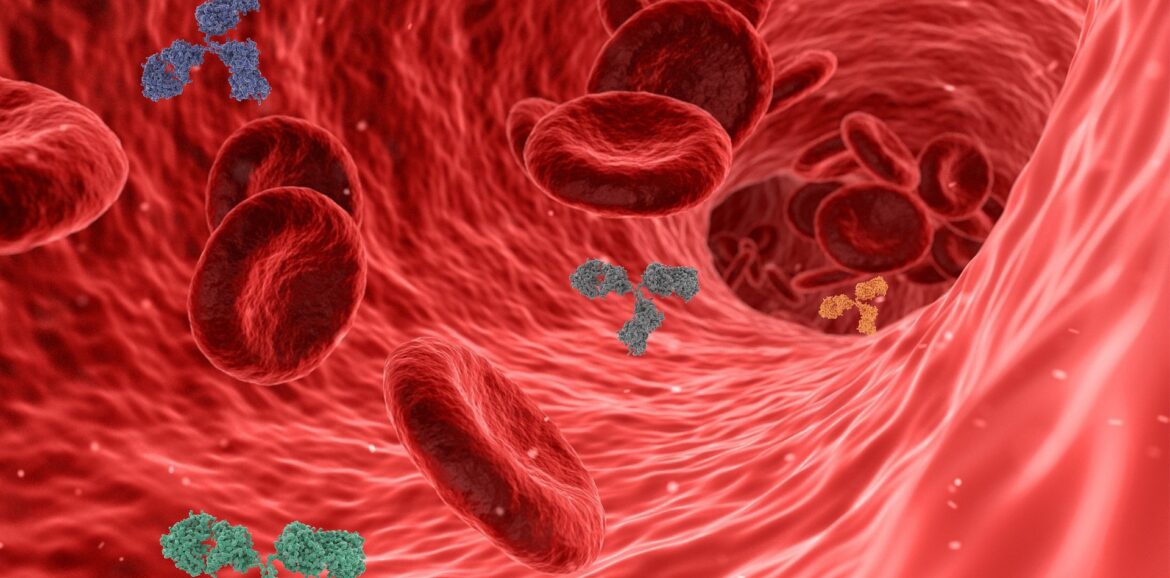
Shifting to either a vegan or ketogenic diet swiftly influences the immune system, as indicated by a study conducted by the National Institutes of Health (NIH). The research reveals distinct alterations in immune responses when individuals transition to these dietary patterns. In a small-scale investigation, scientists closely monitored the biological changes in individuals who adopted either a vegan or keto diet for two weeks each, in a random sequence. Results showed that the vegan diet triggered immune responses associated with innate immunity, the body’s nonspecific initial defense against pathogens, while the keto diet prompted responses linked to adaptive immunity, which involves pathogen-specific defenses built through daily life exposures and vaccinations. Additionally, metabolic shifts and alterations in participants’ microbiomes, the communities of bacteria residing in the gut, were observed. Further research is necessary to ascertain whether these changes are beneficial or harmful and their potential impact on nutritional strategies for diseases like cancer or inflammatory conditions.
Our comprehension of how various diets affect the human immune system and microbiome remains limited. Therapeutic nutritional interventions, which involve dietary changes to enhance health, are poorly understood, with few studies directly comparing the effects of different diets. The keto diet, characterized by low carbohydrate and high fat intake, contrasts with the vegan diet, which excludes animal products and typically emphasizes high fiber and low fat consumption.
The study, conducted at the Metabolic Clinical Research Unit in the NIH Clinical Center by researchers from the NIH’s National Institute of Allergy and Infectious Diseases (NIAID) and National Institute of Diabetes and Digestive and Kidney Diseases (NIDDK), involved 20 participants of diverse backgrounds in terms of ethnicity, race, gender, body mass index (BMI), and age. Each participant followed one diet (vegan or keto) for two weeks, followed by the other diet for an additional two weeks. Notably, individuals on the vegan diet, comprising approximately 10% fat and 75% carbohydrates, consumed fewer calories compared to those on the keto diet, which consisted of approximately 76% fat and 10% carbohydrates. Blood, urine, and stool samples were collected throughout the study period for analysis. Employing a “multi-omics” approach, which evaluates various data sets to assess biochemical, cellular, metabolic, and immune responses, as well as microbiome changes, researchers scrutinized the effects of the diets. Participants were housed on-site for the entire month-long study to ensure strict control over dietary interventions.
Exclusive adherence to the study diets induced significant changes in all participants. The vegan diet notably affected pathways associated with innate immunity, including antiviral responses, while the keto diet led to significant increases in biochemical and cellular processes linked to adaptive immunity, such as those related to T and B cells. Moreover, the keto diet influenced a broader range of proteins in blood plasma compared to the vegan diet, spanning various tissues like the blood, brain, and bone marrow. The vegan diet also promoted pathways related to red blood cells and heme metabolism, possibly due to its higher iron content. Both diets induced shifts in participants’ microbiomes, altering the abundance of gut bacterial species associated with each diet. The keto diet particularly affected amino acid metabolism, with increased human metabolic pathways for amino acid production and degradation and decreased microbial pathways, reflecting the higher protein intake associated with this diet.
Despite the participants’ diversity, the distinct metabolic and immune system changes elicited by the two diets underscore the consistent impact of dietary changes on interconnected pathways in the body. Further research is imperative to investigate how these nutritional interventions influence specific components of the immune system. The study’s authors propose that the rapid immune system responses observed suggest the potential for tailoring diets to prevent or complement treatments for diseases like cancer or neurodegenerative disorders by modulating associated processes.







